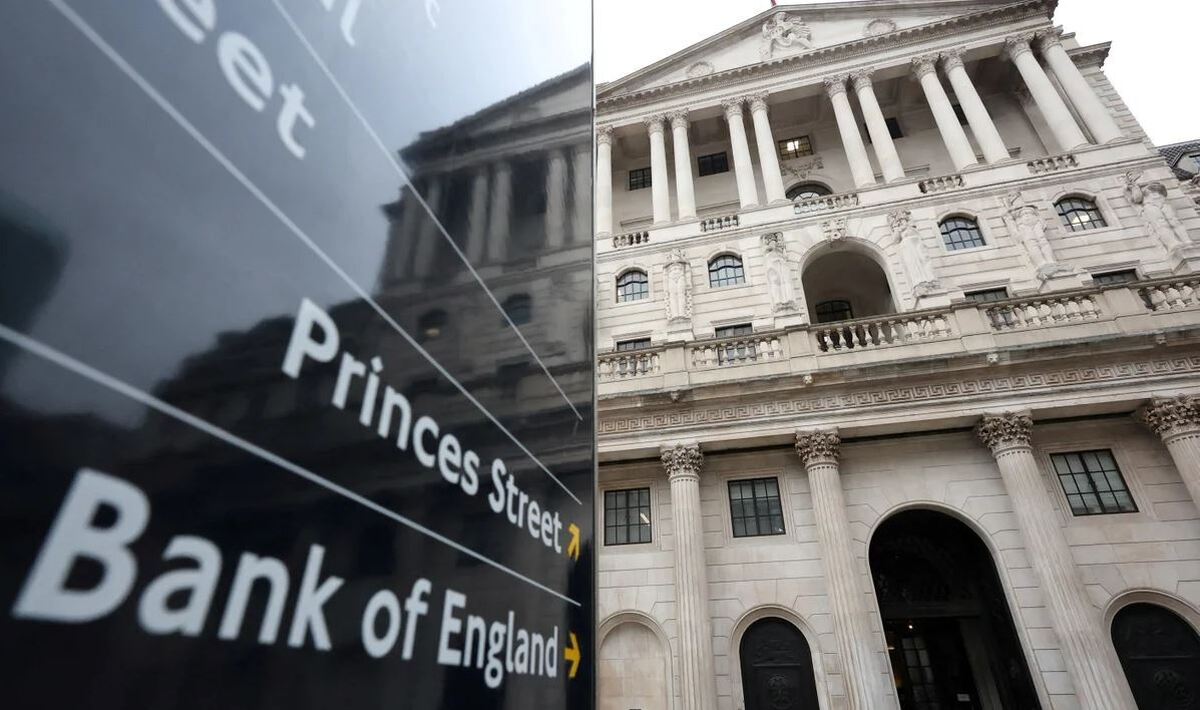The UK's Stagflation Nightmare

The Bank of England said in a new report that the country's economy will grow by just 0.75% this year (2025), down from a previous forecast of 1.5%. The sharp drop reflects a slowdown in key sectors of the economy and a weakening of domestic investment and consumption.
At the same time, the Bank of England cut interest rates for the third time in six months, from 4.75% to 4.5%. The move is aimed at supporting the economy and easing pressure on borrowers, but analysts are skeptical about its real impact in the current situation.
“We live in a world of uncertainty and the road ahead will be bumpy,” Bank of England Governor Andrew Bailey said in a statement. He warned that despite the rate cut, inflation would rise again, likely to hit 3.7% by the summer.
Meanwhile, economists in the UK have warned that the economy could enter a period of stagflation, a period in which economic growth has stalled but inflation remains high.
Jonathan Haskell, a former member of the Bank of England’s policymaking committee, told the BBC: “The term stagflation is a very appropriate one for the UK. We are in a situation where not only has economic growth almost stopped but the cost of living is still rising.”
Susanna Streeter, chief financial officer at Hargreaves Lansdowne and an economic analyst, also wrote in a note: “The risk of stagflation is quite clear; "Inflation remains above the central bank's 2 percent target, price pressures are rising, and the economy is in a state of recession."
Government inaction
In response to the slowdown in economic growth, British Prime Minister Keir Starmer acknowledged that the economic situation was challenging, but stressed that his government was still in the early stages of changing the economic direction.
He claimed: “We never expected to be able to transform the economy in six or seven months, but this challenge makes us more determined.”
Despite the reduction in growth forecasts, the Chancellor of the Exchequer also tried to look at the situation positively, saying in a statement: “The interest rate cut is good news, but we will continue to work for faster economic growth.”
Meanwhile, opposition parties and some economists have seen the reduction in economic growth forecasts as a sign of the failure of government policies and have warned that stagflation could plunge the British economy into a deeper crisis.
Andrew Griffith, the shadow minister for trade and commerce in the British cabinet (Conservative Party), also said in response to the Central Bank report: "These forecasts are a severe condemnation of the first 100 days of the Labour government. The British economy is collapsing and the government has no plan to save it."